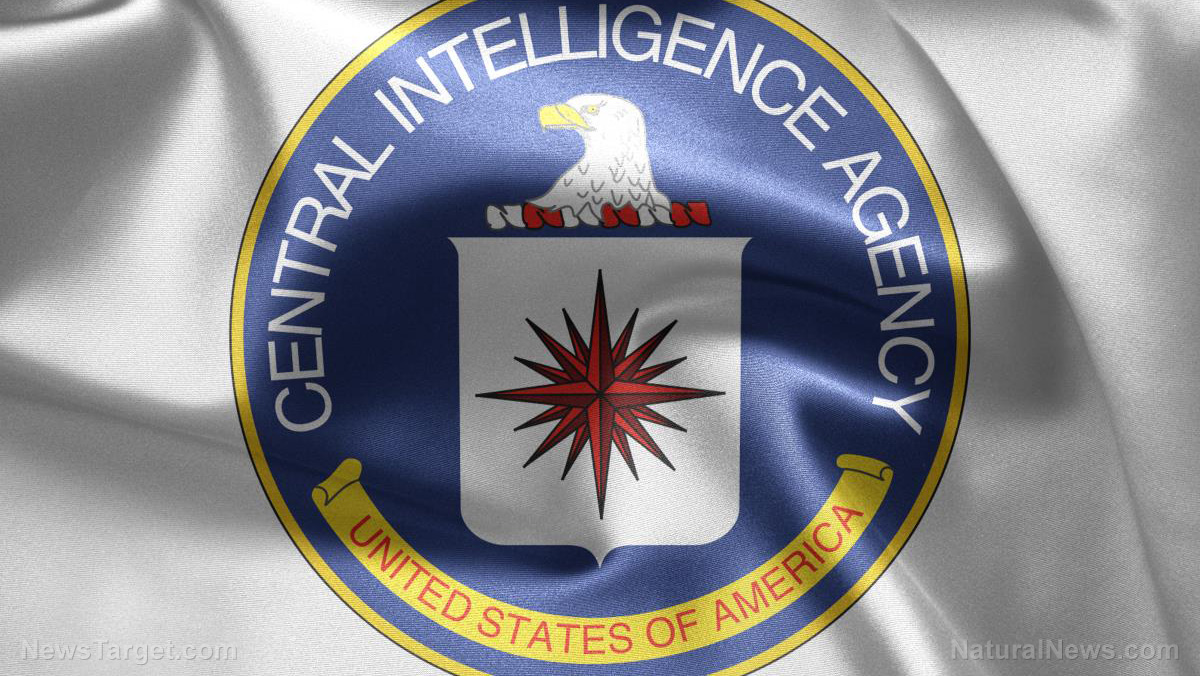by Arsenio Toledo, Natural News:

-
- The Normandie disaster in 1942, initially blamed on incompetence but rumored to be German sabotage, spurred the Office of Naval Intelligence to uncover criminal networks controlling New York City’s waterfront, leading to the recruitment of high-level mobsters by the U.S. government.
- This clandestine effort, initiated after the Normandie incident, involved figures like Charles “Lucky” Luciano, Meyer Lansky and Frank Costello, who were enlisted for counterintelligence and sabotage prevention in exchange for reduced sentences and other concessions.
TRUTH LIVES on at https://sgtreport.tv/
-
- The partnership between intelligence agencies and organized crime transcended the war, with the National Crime Syndicate integrating illegal activities like narcotics and prostitution with legitimate business, influencing political and economic circles.
-
- The Office of Strategic Services, the precursor to the CIA, allegedly tolerated and exploited opium trade by anti-communist forces in Asia during and after the war, laying the groundwork for international drug trafficking networks.
-
- The book highlights the long-term consequences of these alliances, including the CIA’s use of drug traffickers during the Cold War and the persistent moral and legal ambiguities in U.S. intelligence operations, challenging readers to consider the ethical implications of such historical decisions.
Whitney Webb’s “One Nation Under Blackmail: The Sordid Union Between Intelligence and Crime” uncovers a chilling historical narrative of collusion between American intelligence agencies, organized crime and global espionage.
The book reveals how the United States government, driven by wartime exigencies, struck a Faustian bargain with criminal enterprises, setting the stage for decades of covert manipulation and corruption.
The story begins during World War II, when America faced a dire need for counterintelligence to protect its interests. A pivotal moment occurred on Feb. 9, 1942, in New York City’s Harbor, where the luxury liner Normandie, undergoing conversion into a troopship, mysteriously caught fire and capsized. While official investigations attributed the disaster to incompetence, rumors of German sabotage persisted, reflecting wartime paranoia. This incident would later serve as a catalyst for a far-reaching and morally ambiguous operation.
Following the Normandie disaster, the Office of Naval Intelligence launched an inquiry, which inadvertently exposed the criminal networks controlling New York City’s waterfront. Gangsters like Joseph “Joe Socks” Lanza directed authorities to higher echelons of organized crime, including the infamous Meyer Lansky and Frank Costello.
This led to “Operation Underworld,” a clandestine effort where the U.S. government recruited high-level mobsters for intelligence work. The operation was justified as a necessary evil during the war, but it marked the beginning of a dangerous partnership.
Among the most notorious figures was Charles “Lucky” Luciano, the Sicilian-born crime lord who had been jailed by New York District Attorney Thomas Dewey in 1936. Luciano agreed to aid U.S. counterintelligence efforts, using his influence to prevent Axis sabotage and gather critical intelligence for the Allied invasion of Sicily. In return, his prison sentence was commuted, and he was repatriated to Italy after the war. Luciano’s role underscores the lengths to which the government would go to exploit organized crime for strategic advantage.
The book also delves into the broader implications of this alliance, revealing how the partnership between intelligence agencies and criminal syndicates expanded beyond the war. The National Crime Syndicate, a coalition of mostly Italian-American and Jewish-American organized crime groups, emerged as a dominant force, infiltrating political and business circles. Figures like Luciano, Lansky and Costello built a vast criminal empire, integrating illegal activities such as prostitution, narcotics and labor racketeering with legitimate enterprises.



